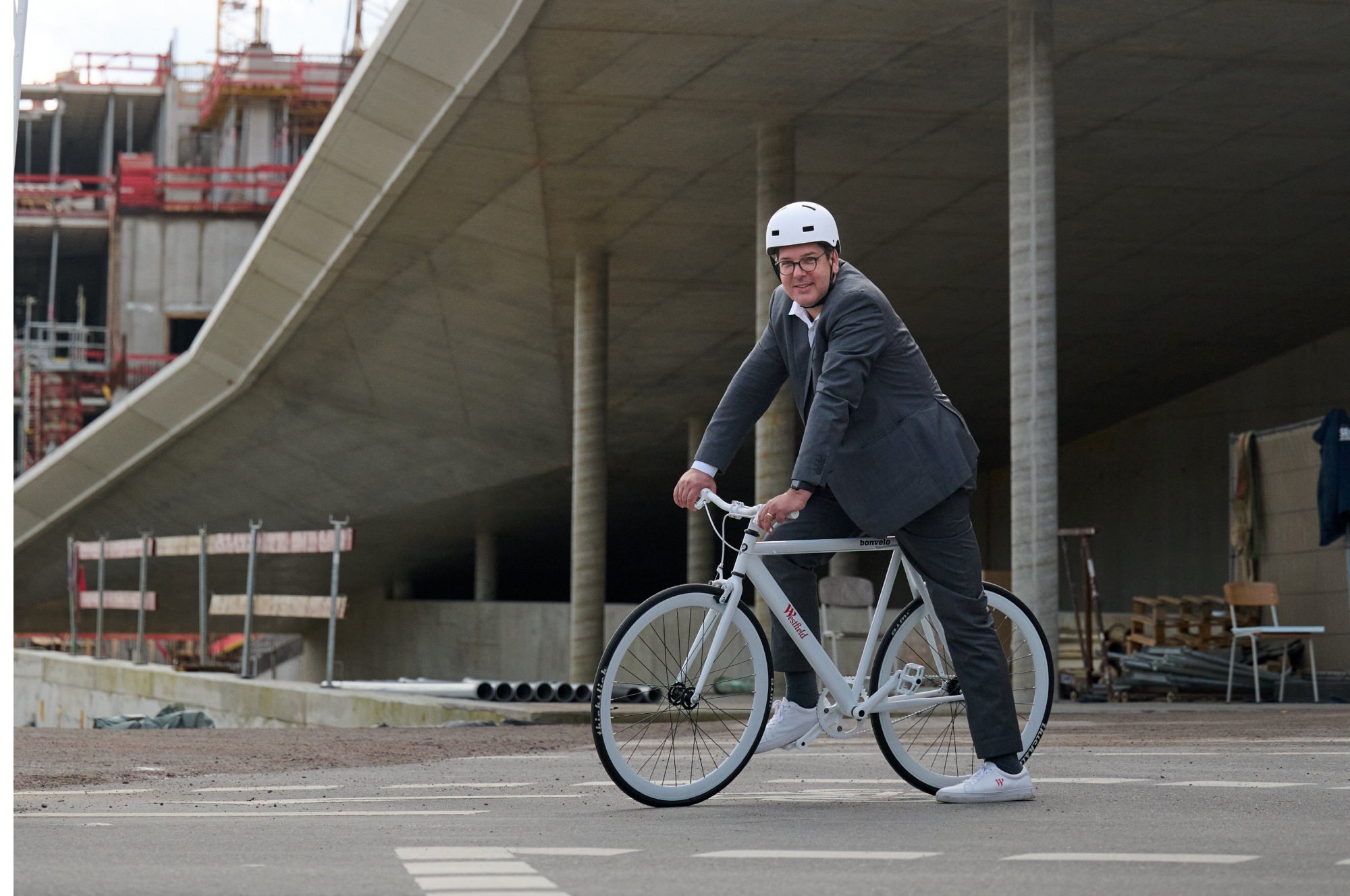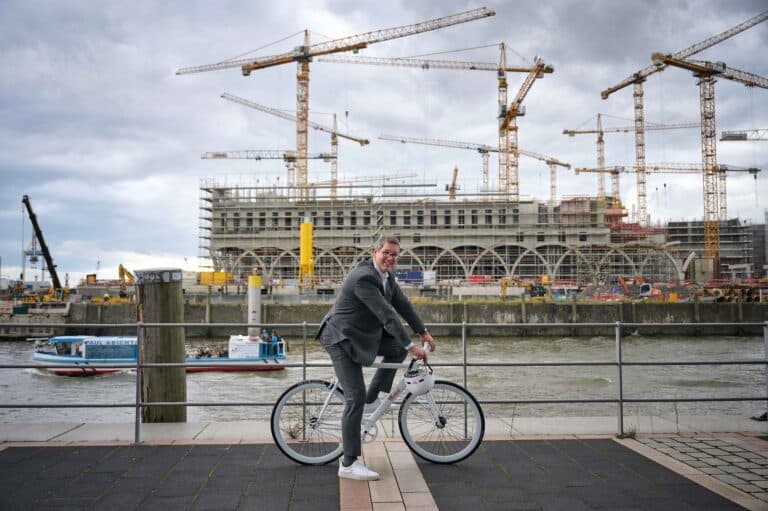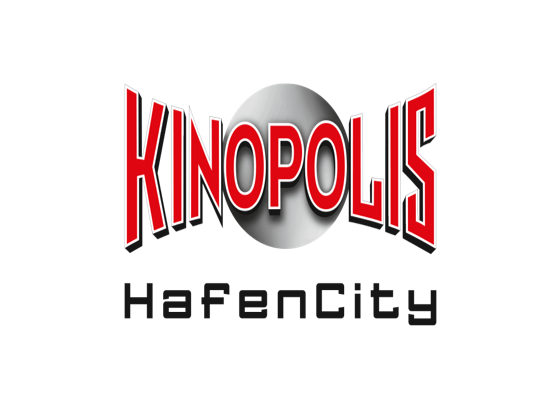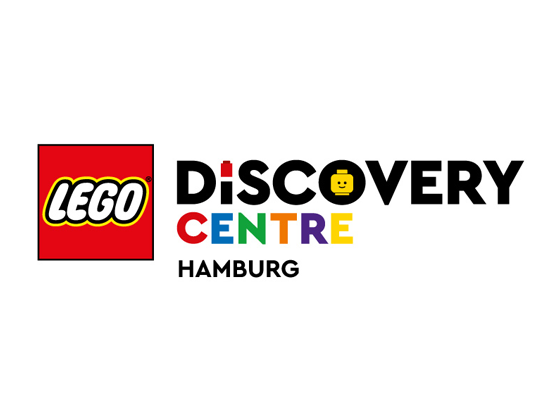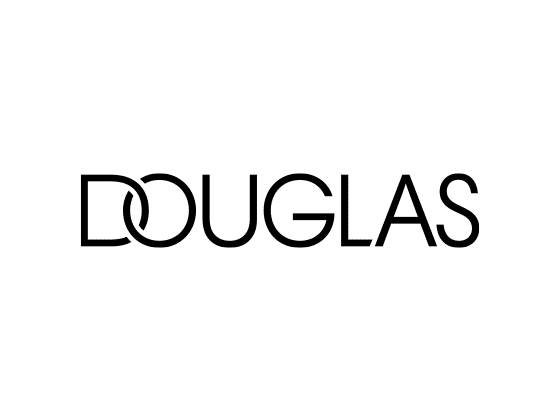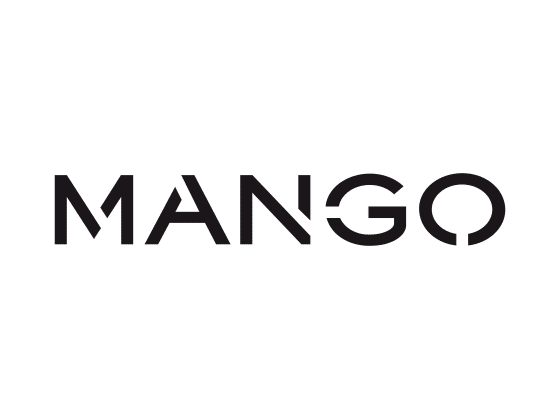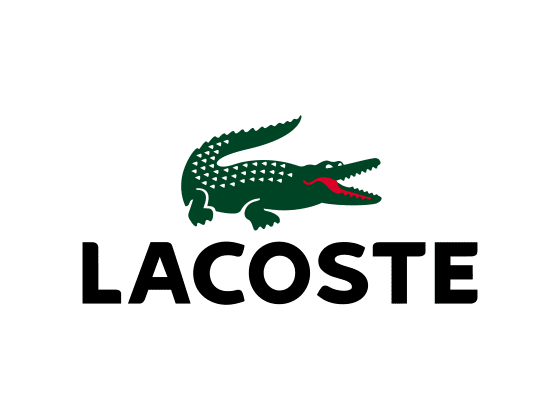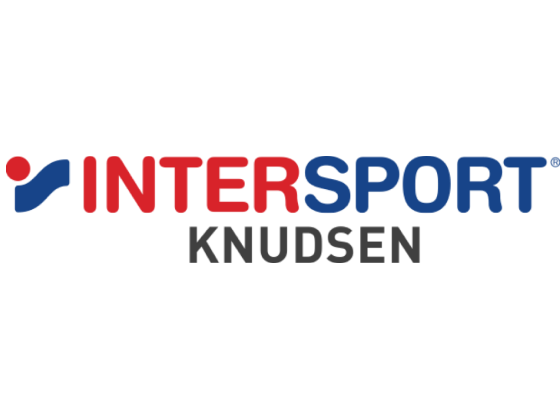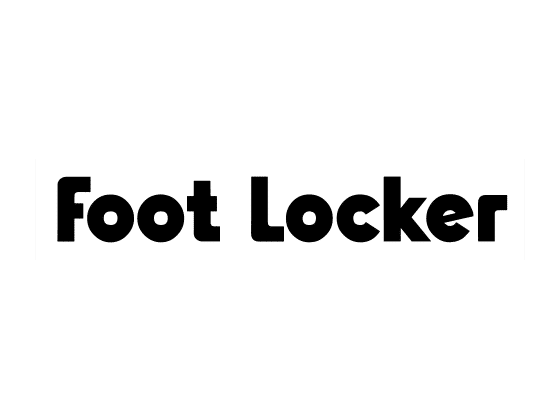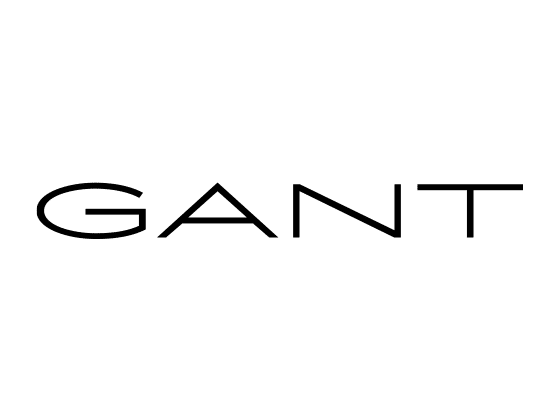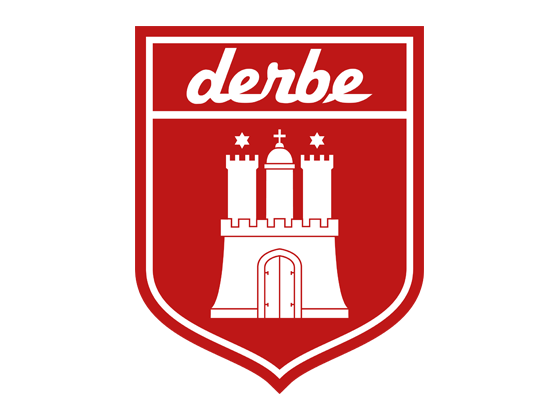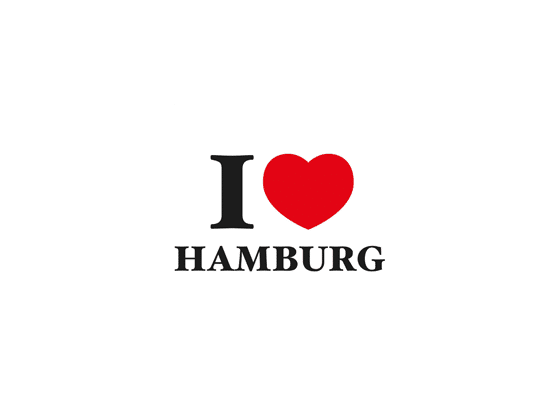Westfield Hamburg-Überseequartier is becoming a bicycle-friendly quarter.
It’s healthy, gets us ahead, protects the climate, takes up very little space and is currently very popular: the bicycle. According to Deutscher Fahrrad-Club (adfc, German Bicycle Club), there are 81 million bicycles in Germany, while Kraftfahrtbundesamt (Federal Motor Transport Authority) reports 59 million cars. It is the goal of Hamburg’s politicians to increase the share of environmental transport (buses, trains, cycling and walking) to 80 percent by 2030, up from 64 percent in 2017. The proportion of cycling alone is to increase from 15 per cent to 25 to 30 per cent. Westfield Hamburg-Überseequartier would also like to see lively bicycle traffic.
“Particularly in the inner city area, the bicycle is much faster than the car,” says Dirk Hünerbein, Director of Development Austria & Germany at Unibail-Rodamco-Westfield, the project developer and investor of the new urban quarter in HafenCity. He likes to pedal himself: “Besides being a quick way to get from A to B, cycling is also a perfect workout in the fresh air.”
So-called soft mobility has become a social phenomenon. “Especially for young people in the city, cycling has become an important part of their lives,” he says. “For them, it is a means of transport, an expression of an attitude to life, a lifestyle and a social connection point,” says Karen Mester-Lichtsinn, responsible for community issues at Unibail-Rodamco-Westfield. That’s why a wide range of offers for the bike community is being developed at Westfield Hamburg-Überseequartier.
It starts with being able to park the bike safely and conveniently at the end of the tour. 3,500 bicycle parking spaces will be available in the new quarter from 2024. 1,150 of them are in a comfortable bicycle parking garage, the largest in northern Germany, with charging stations for e-bikes, repair facilities and lockers. The rest are distributed above ground in the quarter.
“The Bikelane in HafenCity helps cyclists feel safer in city traffic and move faster, which makes the use of bike sharing within the city very attractive,” says Karen Mester-Lichtsinn. Talks are being held with all bike sharing providers, and it is Karen Mester-Lichtsinn’s wish that a large city bike station also comes to the quarter.
The bicycle connections with the outlying districts are also improving. Veloroute 10 from Neugraben to Rathausmarkt runs directly past Westfield Hamburg-Überseequartier and is gradually being extended. For residents in Wilhelmsburg, for example, the bicycle has thus become a reliable and fast option for getting to HafenCity in 25 minutes.
“The 200-year-old bicycle as a means of transport is more relevant today than ever before. Only on two wheels can we achieve the mobility turnaround, and we want to support this by promoting cycling,” says Karen Mester-Lichtsinn.
